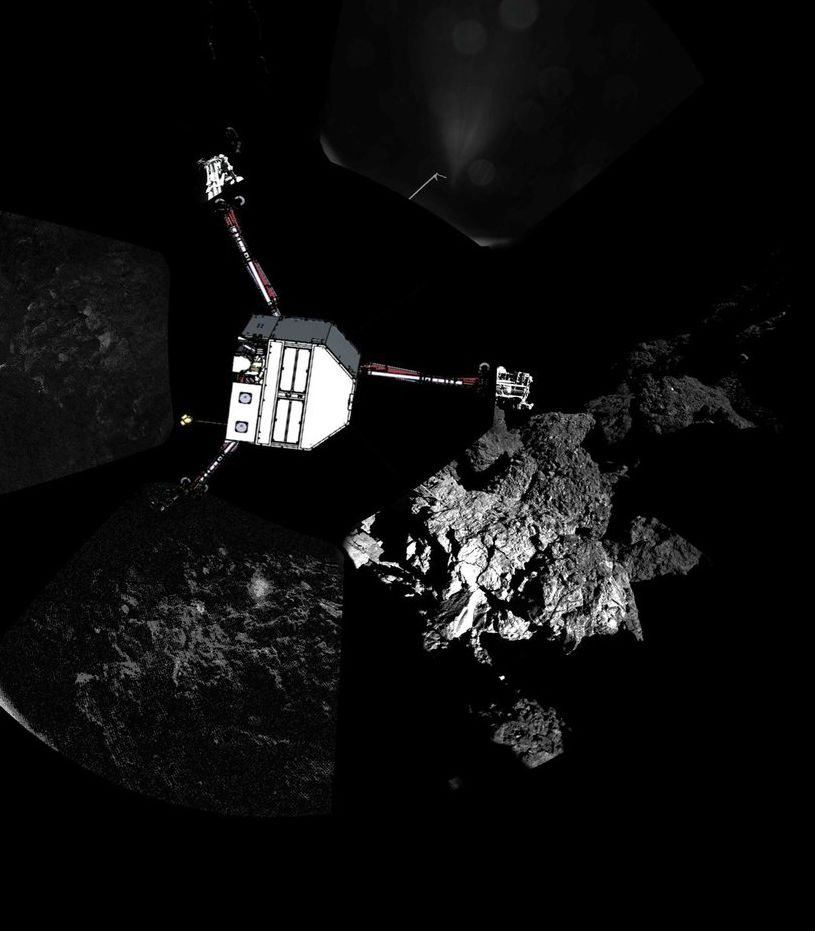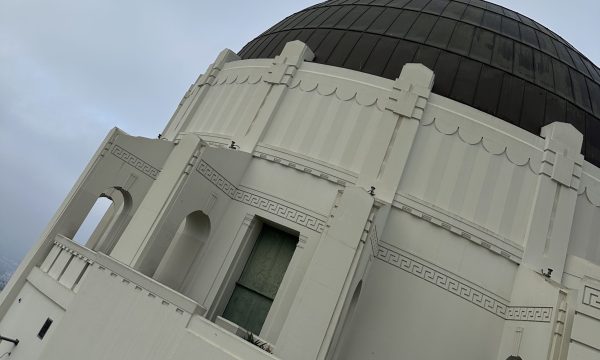Photo Credit: ESA/Rosetta/Philae/CIVA
The European Space Agency completed a first in space history after landing a spacecraft on a comet moving 80,000 miles per hour.
Scientists’ mission is to study the material beneath the surface of the comet. Unfortunately, they hit a road block after they received no signal from the probe, called Philae, on Saturday morning.
The Philae lander’s battery died after the solar-powered craft landed next to a cliff that largely blocked sunlight from reaching its solar panels.
On Friday, ESA ordered a rotating operation to pull the lander out of a shadow so that solar panels could recharge the depleted batteries. If successful, it could take days to weeks before reading a signal once again.
Luckily, scientists say they already have gathered huge amounts of data.














